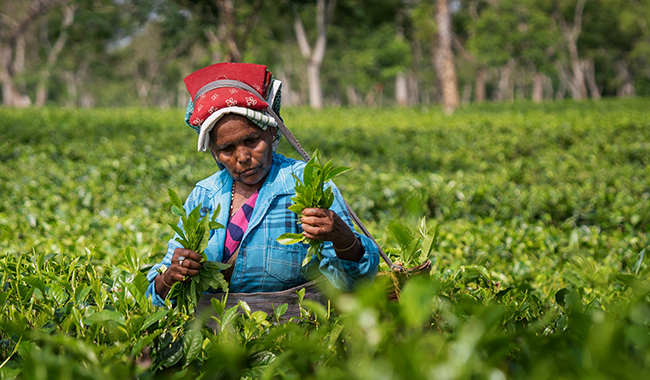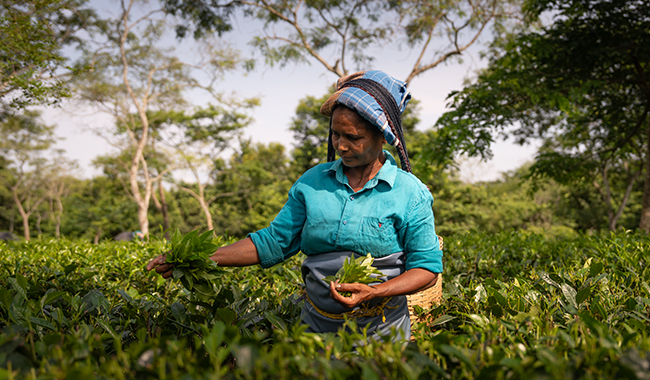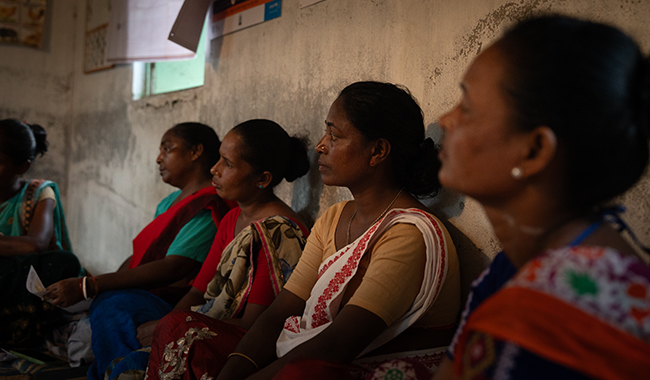An Exploratory Study Paper by Savita Shankar Ph.D., Lecturer at Bloustein School of Planning and Public Policy, Rutgers University, USA [1]
In recent times, there have been rapid advances in financial technology that have resulted in many countries enacting regulations supporting digital finance. These developments not only contribute to benefits in terms of convenience and efficiency but also represent an opportunity to provide greater access to financial services for women and other underserved segments of the population. Facilitating better access for women and other financially excluded groups is important for various reasons. First, an inability to access financial services forces such individuals to deal mostly in cash, with its attendant problems of safe keeping. Second, the lack of access to safe and formal saving avenues could reduce their incentives to save. When saving occurs, safety and interest rate benefits may not be adequate or to the extent available in the formal system. Inadequate savings could lead these households to depend on outside sources of funds in times of need. Often these sources are unregulated and charge exorbitant interest rates. The high interest rates increase the risk of default by borrowers. Third, the lack of credit products results in such individuals being unable to make investments required to expand and diversify their income sources and improve their standards of living. Fourth, the lack of remittance products leads to money transfers being cumbersome and high risk. Fifth, the lack of insurance products means lack of opportunities for risk management.
During the Covid-19 pandemic, governments in many countries used digital means to make transfers to citizens under the various social assistance schemes that were enacted for vulnerable segments of the society. Digital payments were in many cases the only sustainable way of delivering aid in a timely manner to a large and widely dispersed population. This resulted in more bank accounts being opened by low-income groups and more widespread awareness of the benefits of digitalisation. Digital payments can be made not only through bank transfers but also through mobile money, QR codes[2], and payment instruments such as credit, debit and prepaid cards.
[1] Savita Shankar is a Lecturer at the Bloustein School of Planning and Public Policy, Rutgers University, U.S.A. and she researches and publishes regularly on financial inclusion (views are personal)
Acknowledgements: The author would like to thank Ms. Zahra Afshar, Head of Legal, Human Rights and Sustainability, Ahmad Tea, United Kingdom, for supporting this research and providing helpful comments on the paper.
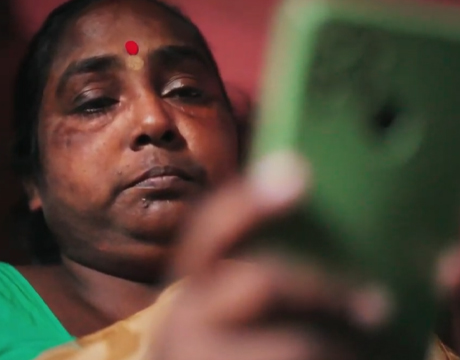
As digital payments enable the receiver to receive the money digitally rather than via cash, they have advantages in terms of safety and security. Handling cash involves risks of thievery and loss especially in areas with high levels of crime. Digital payments also have the advantage of transparency as there is an electronic record of the exact amount received. Furthermore, the receiver can more easily save the amount received till they need to spend it.
Female recipients can especially benefit from digital payments by gaining greater control over the proceeds. Cash receipts entail risks of being taken away forcibly, sometimes even by members of their own household. However, it is important that women have safe, secure and direct access to the digital payments for such benefits to materialise. As digital payments can provide women reliable and convenient avenues to save, they could help them use their earnings to accumulate assets in their own name and hence over time, digital payments can give women greater autonomy over their finances.
By giving them the ability to save for emergencies and important life events, digital payments can help them develop greater independence and self-reliance. The digital footprint created by women who use digital payments could aid them in accessing other financial services such as loans as they build up a track record in the formal financial system. Once they are part of the financial system, increased awareness and use of other financial services such as insurance is also likely as their financial literacy increases[3]. It is important that first time users of financial services be given some basic training on financial literacy so that they are able to understand how to use the services in an optimal and safe manner. Such training also gives them greater self-confidence while using the services.
This paper examines the benefits and challenges of providing digital payments for female workers in the tea sector in Assam, India and the positive impact it could have on their autonomy. While the focus is on Assam, the study will draw on research and learnings from other developing country contexts too.
Benefits and challenges of providing digital payments for female workers in the tea sector in Assam.
READ THE FULL PAPERSection 1 provides a brief overview of the Assam tea sector. Section 2 describes the typical payment systems prevalent for female tea workers in Assam today. Section 3 describes the potential benefits of digital payments for female tea workers. Section 4 explains the challenges involved in introducing digital payments for these workers. Section 5 describes some case studies of tea plantations seeking to introduce digital payments. Section 6 concludes the paper by summarising the findings and providing recommendations.
[2] Quick Response codes are more commonly known as QR codes.
[3] Financial literacy refers to the basic understanding of financial concepts
CONTINUE READING

Ahmad Tea Achieves Gold in EcoVadis
Ahmad Tea achieves Gold in EcoVadis with a 79% score at our UAE factory, marking significant progress across all four…

Ahmad Tea Sustainability Report 2024
Sharing Infused with impact: Our Sustainability Report for 2024, capturing all of our work, striving for a more sustainable and…

Launching Women’s Health Screenings in Sri Lankan Tea Gardens
Supporting women's health screenings in Sri Lankan tea gardens to promote early detection.
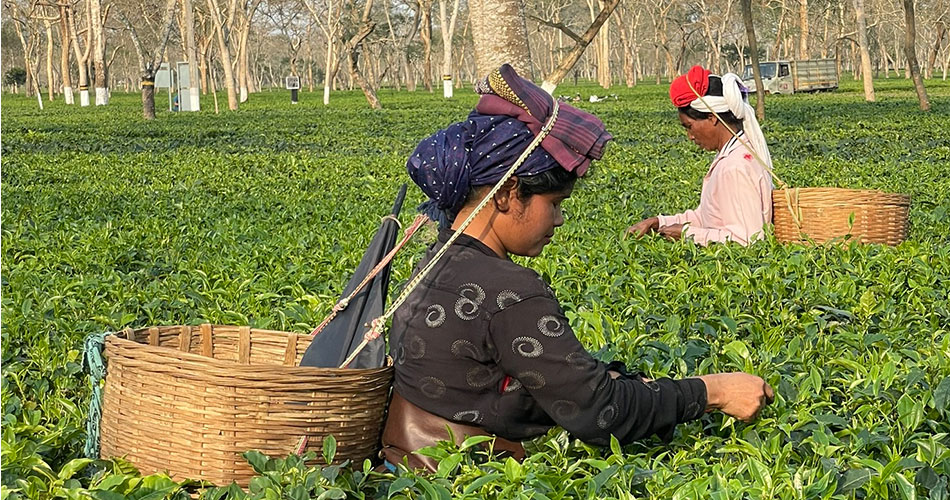
Empowering Change: Ahmad Tea’s Collaboration with CINI
Discover how our five-year partnership with CINI has empowered women and improved health and safety in Assam tea gardens.

Ahmad Tea Wins King’s Award for Enterprise
We’re delighted to announce that we have received a King’s Award for Enterprise for our sustainable development programmes. The prestigious…

Clean Water Project in Niger
We are delighted to announce that together with Oxfam and local partners, we have launched a new three-year project aimed…

Amazing Women In Tea
We aim to empower, support, and elevate the women within the tea industry around the world.

Ahmad Tea & The University of Bristol
Ahmad Tea is delighted to announce that it is now strengthening our partnership with the University of Bristol through the…

Infused with Impact – Sustainability Report 2023
Our Chairman, Rahim Afshar is delighted to share our sustainability report and to explain how every drop of our tea…




